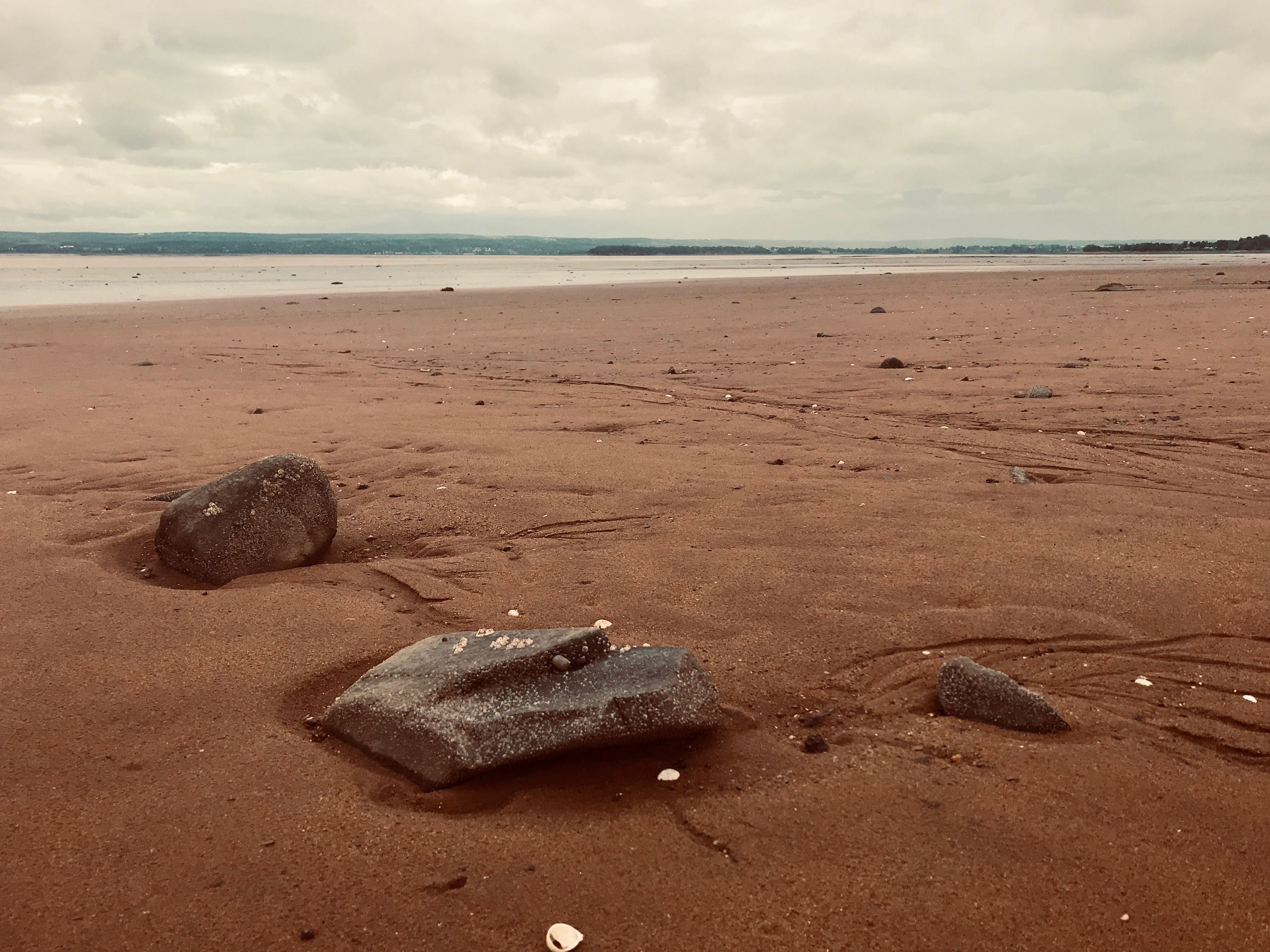Do the Work Before the Work Does You In
Who Am I to Tell You Anything About Writing

Here’s the thing: I am a published author and co-owner of a publishing company and know a few things about writing; rewriting; rejection; not knowing what to write; not writing at all; writing a ton of crap; submitting articles for journal consideration; pitching article ideas to online publications; being cold-called to write for an online publication; debating whether or not I should give up writing; wondering why I spent the first 30 years of my life (I’m 53 at this writing) avoiding writing; embracing the suck of writing; asking myself whether I should pursue an MFA or take online classes (I’ve opted for the latter); and figuring out to manage my time to write.
With the exception of pitching a completed manuscript to a publisher, I’ve done just about everything else one can do as a self-published writer. I know about book marketing questions, the automated email responder questions, the who is my ideal reader questions, the latest social media trend questions.
Then there is the existential question: why is book a selling so much more than my book? I find their book terrible.
Or the where do I find my tribe questions. I live in a smallish town in Michigan, near the University of Michigan. I don’t have a ready-made writing community and I hate online groups. Nothing personal. Online is like a bad place for me, the site of so much lost time I could probably recoup five years of my life in wasted online “friendships” and “debates.” Where is my tribe?
I know about the struggles and the triumphs and the chronic disease that writing seems to be.
The suggestions you find here grouped under Scribbler’s Paradise have made my life better as a writer. I’ve tried hundreds of suggestions, tips, hacks and hacks of suggestions and invested a considerable amount of time reading about writing and writing hacks from others. These tips have worked for me at various times in my writing career, which began in 1997 when Tracy Baim asked me to write a column for the Nightlines/Outlines, Chicago’s biweekly LGBTQ newspaper. I’ve been blogging off and on since 2006, published a well-received anthology in 2006, started a publishing company the same year, worked for Gentleman’s Gazette in the early teens. In 2018 I published Moxie, a memoir series about my life changing genders. I was recently accepted at the Key West Literary Seminar.
The TLDR version: Keep writing no matter what. If you stop for a month, start again on day 31. Obliterate distractions in your life. Facebook? Kill it. Twitter? Who cares. Maybe after you’ve strengthened your writing muscles and your focus, then go back to these platforms, but not before. Don’t compare yourself. You write what you write at the pace that your write it. Focus on finishing and publishing your words. Find the most reputable outlet for your words that you can and publish there. Pile on the work so you have no time to fret. Embrace the loneliness of writing. Your family and friends can only wish you bon voyage. You must push away from the shore, bound for a destination unseen and unknown, alone.
Read. Read. Read. Read how you want to write. Know what you want to write. If you want to write military thrillers, read Tom Clancy. Small mini-plots with multiple points of view? Virginia Woolf. Epics addressing questions of human behavior in inhuman systems? Toni Morrison. You get the picture. Create goals for your words and follow them. Know that most days you will write so much terrible you’ll wonder where the point might lie. Get up the next day and do it again.
You’re a pro. And that’s what pros do.
And don’t spend much time reading about writing hacks. Do the work instead.